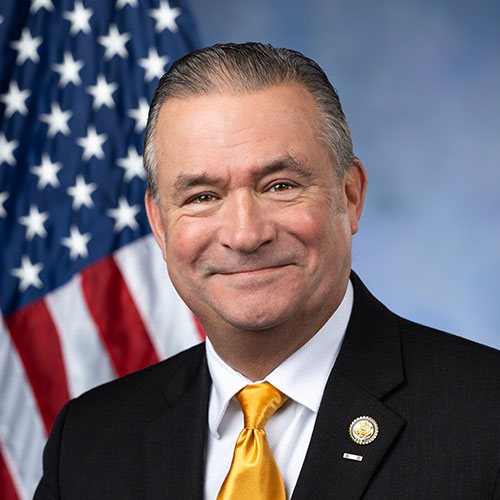Press Releases
Rep. Bacon Statement on Bipartisan Budget Act
Washington, DC,
February 9, 2018
Tags:
Budget
Congressman Don Bacon (NE-02) released the following statement after voting for the Bipartisan Budget Act, that includes funding for the Department of Defense, veterans, natural disaster assistance and critical health care programs: “With the Senate so evenly divided, I believe the bipartisan budget deal is the best compromise possible that funds defense, supports our veterans, and gives us a start to fund future infrastructure and opioid initiatives. I’m gravely concerned about the budget deficit, but even more so with the gross undermining of our military the last ten years while we are fighting two wars. The alternative to this compromise leads to more gridlock, budget shutdowns, and a dilapidated military. The country is calling for more bipartisanship and less vitriol and dysfunction, and we heed this call with this bipartisan budget deal. This bipartisan agreement will allow our men and women in uniform to have the training, support, and resources they need to be successful in their missions. Our troops should never have to bear the burden of partisan vitriol and political games in Washington while sacrificing their lives to protect our freedoms. I am glad to see the defense funding level meet that of the NDAA (National Defense Authorization Act) passed in both chambers with bipartisan support. Included in the Bipartisan Budget Act is increased funding for veterans to reduce VA healthcare management backlog. Transportation and infrastructure assurances are included, as are increased funds to assist those still devastated by the hurricanes in Texas, Florida, Puerto Rico, and the U.S. Virgin Islands. Critical health care programs such as the National Institutes of Health, community health centers, and programs to combat the opioid epidemic also receive increased funding. And, the Children’s Health Insurance Program (CHIP), which provides health care insurance to tens of thousands of children in Nebraska, is reauthorized for an additional four years on top of the six year reauthorization passed in January." |
